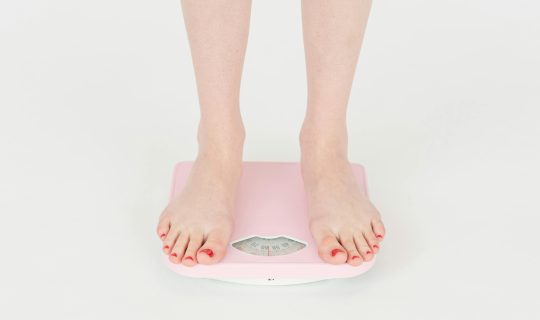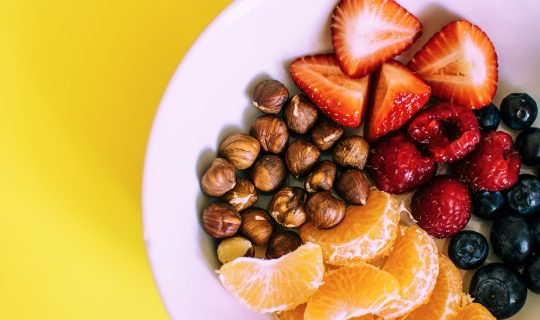Ozempic, Wegovy and other GLP-1 agonists — often referred to as weight loss jabs — have become almost impossible to ignore. They’re widely promoted for appetite control, weight loss and improved blood sugar regulation, and for many busy women they seem like a welcome shortcut when trying to lose some extra weight (not discussing here…
Top 5 Superfoods on a budget
by Lucia Stansbie
Is September and we are all looking for a health kick and plenty of energy for the return to school or work. The first thought would be to head to health store and start piling on vitamins, supplements and superfoods – but what will be the costs of it?!?
Supplementation without a real need, such as an insufficiency or a deficiency shown by a blood test, won’t have any effect (extra nutrients being excreted) or could even be detrimental for health. A varied diet full of wholefoods is the perfect recipe for getting all nutrients we need.
Eating healthy doesn’t need to break the bank, as many “superfoods” are everyday staples – no need for baobab powder or exotic berries for a nutrient boost!
Below some of my favourite “superfoods”:
Blueberries
Blueberries are packed with fibre and vitamin C blueberries are a great source of antioxidants and phytonutrients such as ellagitannins, flavonols (quercetin and kaempferol), catechins, resveratrol, beta-carotene, glutathione and anthocyanins. Is quite difficult to find supplements so rich in so many antioxidants and phytonutrients! Antioxidants can lower general inflammation on the top of specific functions such as supporting liver detoxification (glutathione), modulating the immune system response (quercetin and catechins), supporting cardiovascular health (resveratrol) and blood sugar regulation (anthocyanins).
Peppers
Raw peppers are the fruits with the highest amount of vitamin C (around 183mg per 100gr) – even more than oranges (around 53.2mg per 100gr)! Really cheap and easy to add in salads, wraps or to dip in hummus as a snack. Vitamin C is a powerful antioxidant, also involved in strengthening the immune system.
Pumpkin seeds
Small but mighty, pumpkin seeds are a source of protein and omega fats. They also have an ideal zinc to copper ratio and are rich in many other minerals such as magnesium, iron and manganese. Pumpkin seeds are also a source of cardioprotective phytonutrients such as squalene, tocopherols and beta-sisterols. Add them to salads and porridge for a nutrient boost!
Eggs
Eggs can be considered nature’s multivitamin! Rich in many minerals, proteins and nutrients a single egg contains all 9 essential amino acids, 22% of your selenium RDI and 15% of vitamin B2 RDI! Eggs are also one of richest sources of choline, a nutrient important for DNA synthesis, liver and brain function, blood vessels dilatation and muscle movement and vital in pregnancy for the foetus nervous system formation.
Sauerkraut
Fermented foods (yogurt, kefir, sauerkraut, miso, ..) are really great for gut health, introducing beneficial bacteria in our gut for an overall well-being effect. Sauerkraut are really easy and cheap to make home and easy to add in salads, wraps or just as a side and fully customisable to your taste using different varieties if cabbage and adding spices such as ginger and juniper berries. Find the recipes here on the BBC website.



